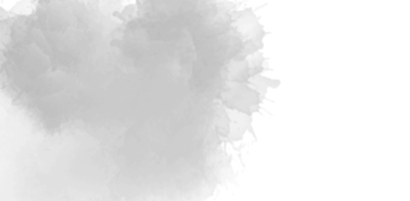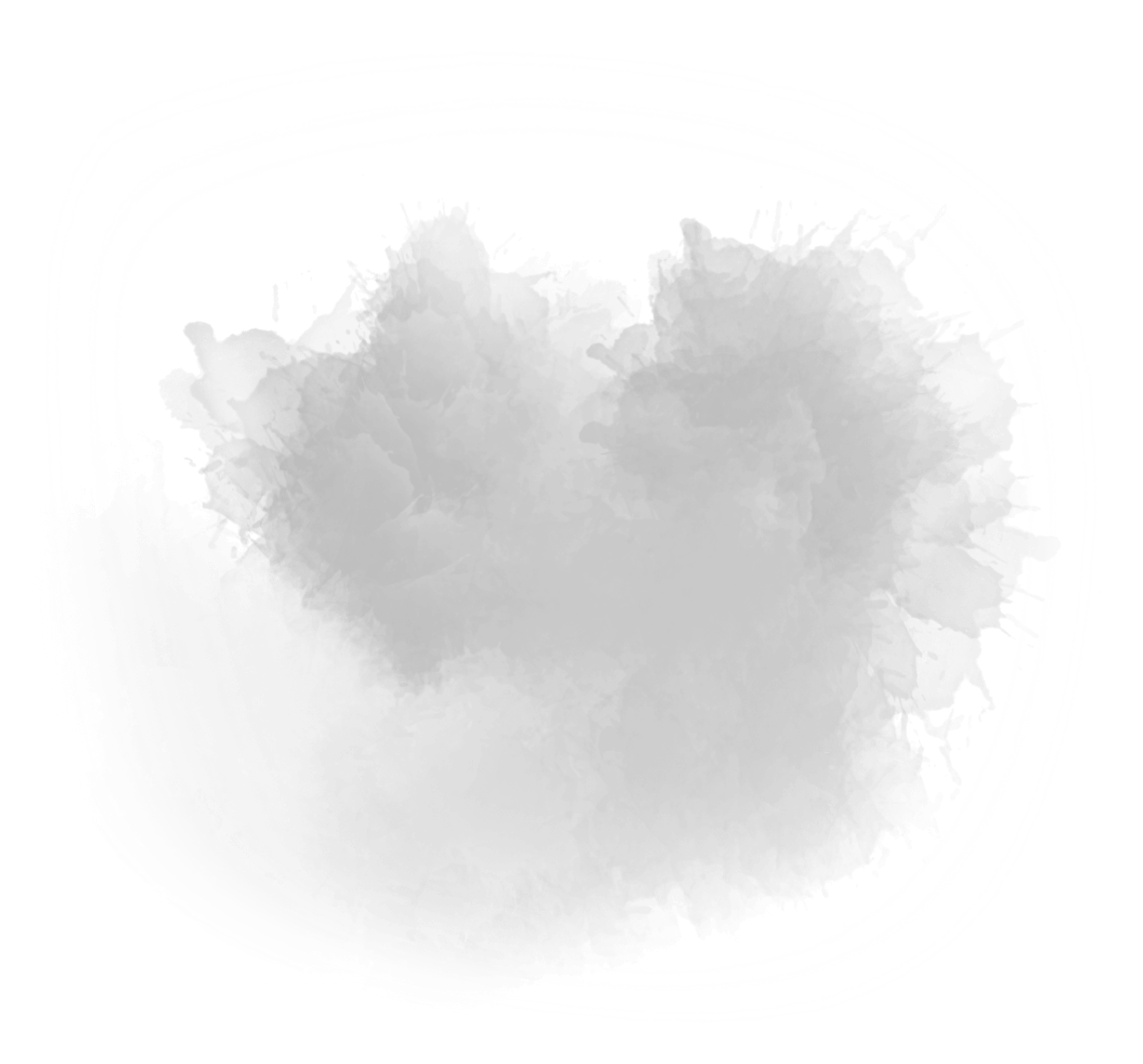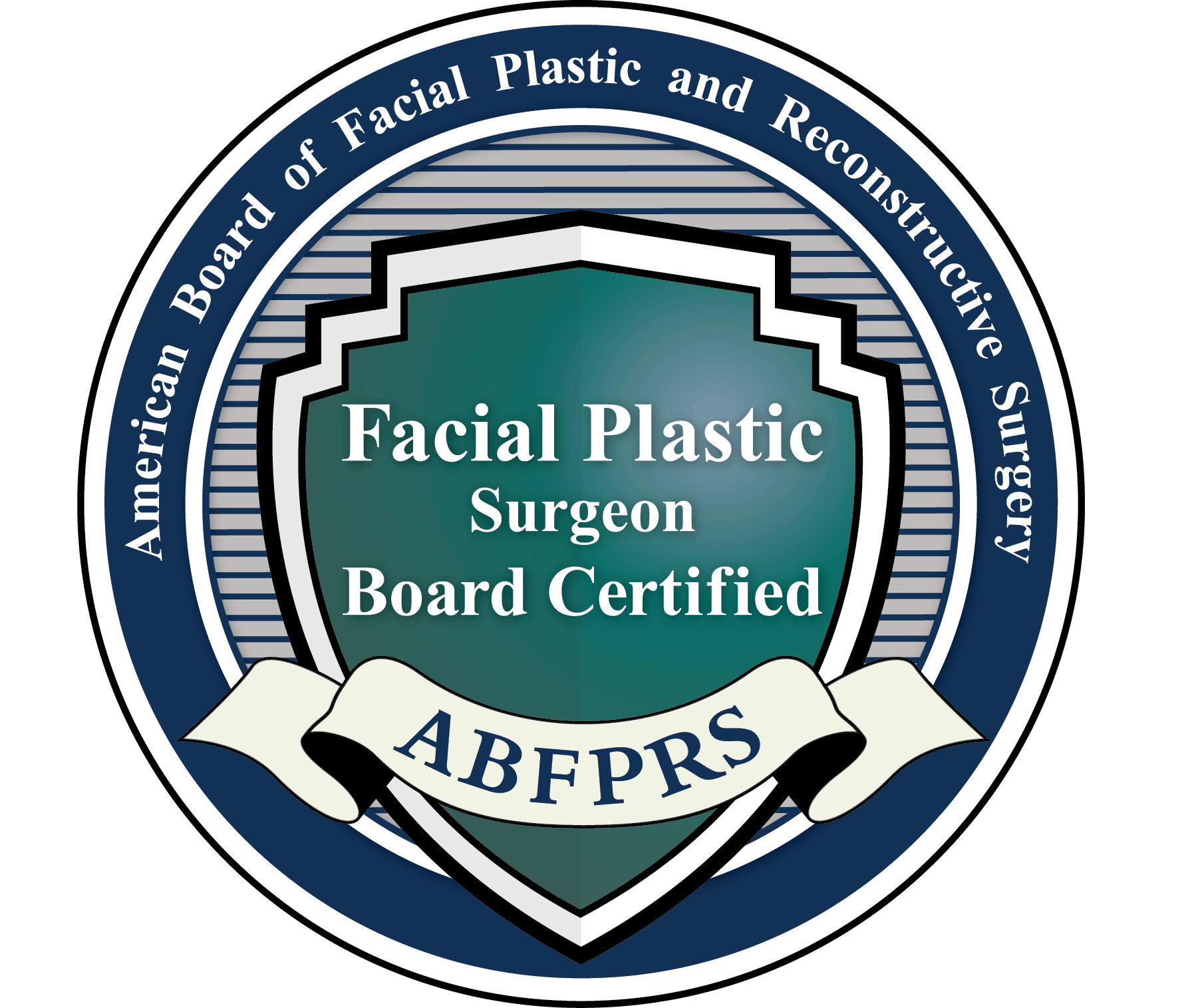1. Follow Your Surgeon's Instructions: Your surgeon will provide specific post-operative instructions. Follow them closely, as they are tailored to your individual case.
2. Rest and Avoid Strenuous Activities: Plan to take at least a week off work or school to rest and recover. Avoid strenuous activities, including heavy lifting and intense exercise, for several weeks.
3. Elevate Your Head: Keeping your head elevated, even when sleeping, helps reduce swelling and promotes better blood circulation. Use extra pillows to prop yourself up.
4. Use Cold Compresses: Applying cold compresses to your eyes and nose can help reduce swelling and bruising during the first few days after surgery. Do not apply ice directly to your skin; wrap it in a cloth or use a cold pack.
5. Stay Hydrated: Drink plenty of water to stay hydrated, which aids in the healing process and helps prevent post-surgery constipation, which can result from pain medication.
6. Pain Management: Your surgeon will likely prescribe pain medication to manage discomfort. Take it as directed, but avoid aspirin and non-steroidal anti-inflammatory drugs (NSAIDs), as they can increase bleeding.
7. Avoid Smoking and Alcohol: Smoking can slow down the healing process and increase the risk of complications. Avoid alcohol as well, as it can interact with pain medication and impair judgment.
8. Protect Your Nose: Avoid touching or bumping your nose during the initial healing period. It's essential to be gentle when cleaning or applying ointments.
9. Diet: Initially, stick to a soft diet to minimize chewing and facial movements. This can help prevent strain on the surgical site.
10. Avoid Sun Exposure: Protect your skin from the sun by wearing a wide-brimmed hat and using sunscreen, as sun exposure can exacerbate swelling and bruising.
11. Nasal Care: If your surgeon recommends it, use saline nasal sprays or irrigations to keep your nasal passages moist and clean. This can aid in the healing process.
12. Attend Follow-up Appointments: Keep all scheduled follow-up appointments with your surgeon so they can monitor your progress and address any concerns promptly.
13. Patience: Understand that swelling and bruising are normal after rhinoplasty and may take several weeks to subside fully. Be patient with the healing process.
14. Emotional Support: Rhinoplasty recovery can be emotionally challenging due to the changes in your appearance during the early stages. Seek support from friends and family, or consider talking to a therapist if needed.












